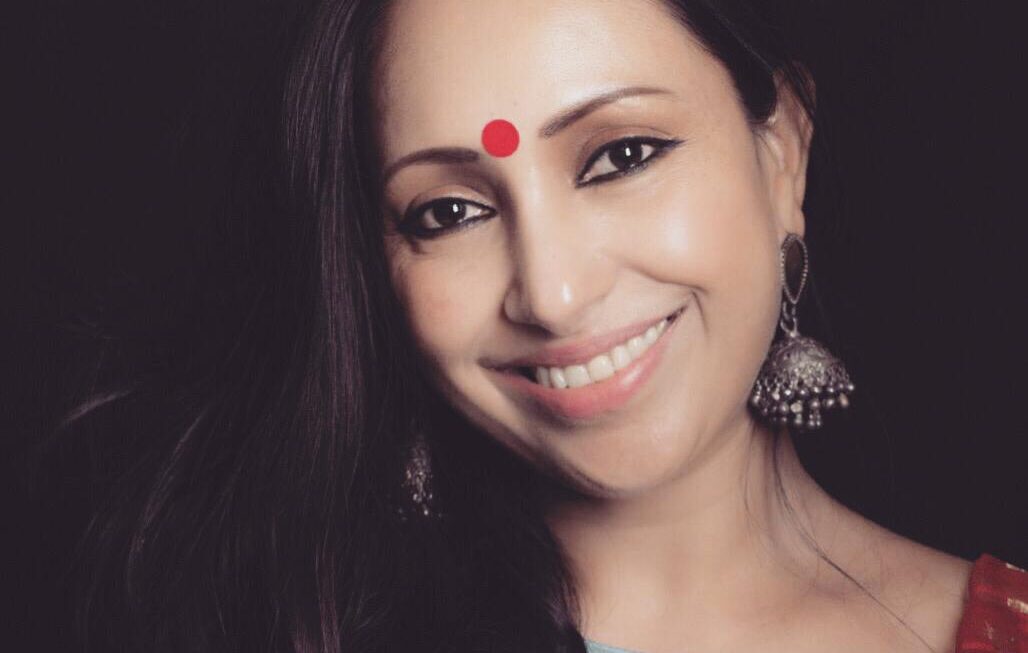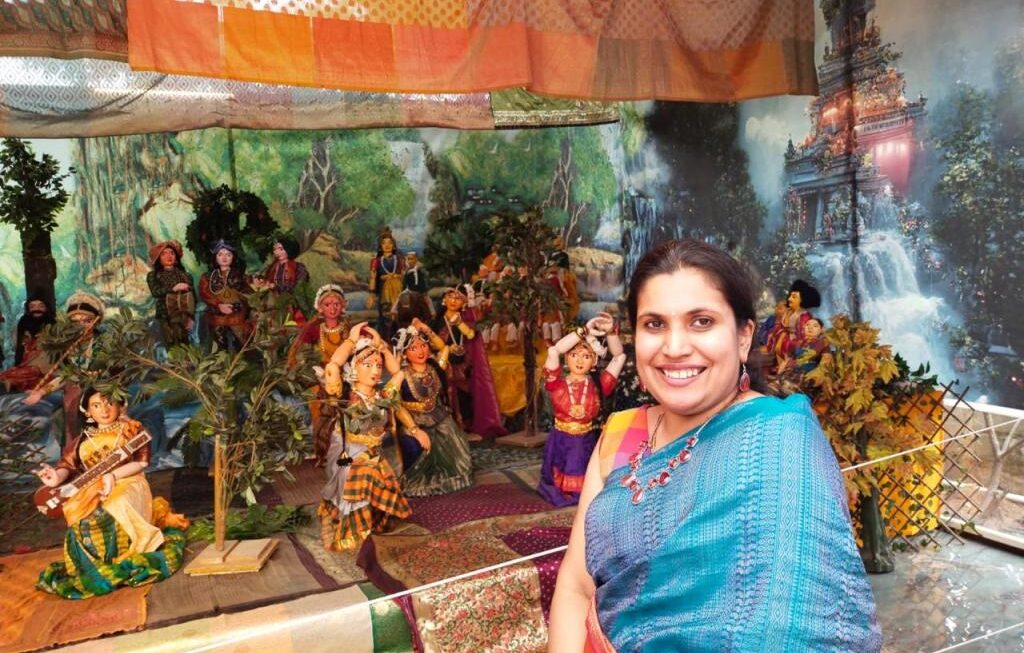Have you ever seen any school children paying plastic waste as their school fee? I am sure, not. But this is happening in the far east, in Pamohi on the outskirts of Guwahati, Assam. This novel school with a brilliant concept is managed by Parmita & Mazin. education
Tell us about you and your days with TISS.
I was lucky to be born in a family where kindness, compassion and empathy were more valued than good grades. My mother taught me to be kind and compassionate to everyone and that shaped my life.
TISS was a good learning experience. I had already made up my mind to start a school before joining TISS. The experience helped me shape my goals and ideals.
What inspired you to start the Akshar Foundation?
I wanted to do something meaningful that could help people come out of the vicious cycle of poverty. Providing quality education to children seemed the best way. My husband wanted to change the education system to be more inclusive. Our goals were aligned: to provide better opportunities to the underprivileged and we started Akshar Foundation.
What is the uniqueness of the model you are working upon?
Akshar Forum is a model school where innovative teaching methods are developed and refined. It is a free livelihood school that teaches underprivileged children to earn a living, start a business, initiate development work in their communities and heal their environment. The school functions on the belief that all of the basic needs of the individual need to be met to escape cyclic, systemic poverty. Since charity can often breed dependence, rather than empowerment, parents and students are given the opportunity to earn what they need. Akshar Forum combines the functions of a school with those of an employment agency, business incubator and development agency. By addressing education and employment together, blending academics with vocational training, we can ensure our graduates secure gainful livelihoods and contribute to the development of their own communities.
What the most innovative feature of meta-teaching?
Meta-teaching is designed to address the problem of teacher shortage and lack of parental support. It is the training and employment of at-risk teens as teachers/coaches for younger students under the supervision of a senior teacher. We teach students how to teach and they become better learners in the process. Students are paid for teaching in tokens which they exchange for food, clothes, sports equipment, hygiene products and school supplies. This novel approach has yielded many benefits. Firstly, we have eliminated the practice of child labour among our students. Many students who formerly worked in a local stone quarry have opted to earn money by teaching instead. Secondly, employing teenagers as teachers have enabled us to arrange small classes comparable to elite schools. This way, children with no parental assistance receive valuable, daily individual mentoring from seniors. And lastly, students acting as mentors become better learners by teaching, gain confidence, work experience, leadership skills, a strong work ethic and they stay in school.
You received the prestigious Devi Award in 2019 by the Union Minister of Textiles and Women and Child Development, Smriti Z Irani. Can you share about the amazing work which made you get this award?
The award was for implementing plastic school fees in our school. All our students are required to pay a weekly ‘plastic school fee’. We wanted our students to work on an aspect of the environment that they can relate to. We learnt that they regularly burn plastic. So we asked our students to bring 25 plastic items every week which is recycled by teens at our school. The teenagers work in the Akshar Recycling Centre twice a week, stuffing plastic items into plastic bottles to make eco-bricks while earning some money which helps them stay in school.
COVID-19 pandemic must have affected students of Akshar Foundation as well. How are you coping up with this challenge?
The pandemic has affected the poorest section the most. Schools are closed but factories are open. Quite a few of our students are working as child labourers again to help out their families. We are providing food ration kits but that’s not enough. Most of our students don’t have smartphones. We considered providing it to them but then there is the question of electricity for charging. Also, it is monsoon in Assam now. Our students can’t keep their books and worksheets dry, forget smartphones. This digital learning doesn’t work for the poorest of the poor. We are giving our students worksheets twice a week, this is the best we can do for now to keep their education going but this is not enough. I just hope we can retain all our students after the pandemic is over.
Tell us more about Akshar Fellowship?
We are not going ahead with the Akshar Fellowship but instead, we will work in Government schools by training their teachers to implement our model. We have seen that schools revert to their original state once the fellowship gets over. We have to keep sending fellows continuously, which is not sustainable in the long run. So now we are working on a model to train government teachers to implement our model with full support from Akshar.
You and Mazin are a good team. Where do you both see Akshar Foundation in 2025?
Yes, we are lucky to have found each other. We complement each other’s skills and that makes us a great team. We hope to implement our model in at least 100 schools in India by 2025. Our model works, we have seen how it transforms children and it needs to spread.
What was the most challenging part of your journey till now? How did you overcome the challenges?
We had two main challenges – convincing parents to send their kids to school instead of sending them to work to earn money and getting funding to run the school. We managed to convince some parents by saying that if your kids come to school, they will earn more as they learn more. But if they work now, they will get the same money for the rest of their lives. After about a year, parents saw the change in their children and since then, we have always had more applicants than our capacity to accommodate.
We are not a conventional school, so we didn’t fit into the pre-tailored funding allocated for education. Funders also had a hard time believing that our model would work because we are the first school that hires child labourers at school to end child labour (it is controversial) and we have vocational training for teenagers. We were lucky to meet one funder who believed in us and supported us with our first government school intervention. Funding is always a challenge since the more funds we get, the more children we can reach out to, so we are always in constant need for funding
What has been the most transformational moment for you in your journey?
Seeing the amazing progress of the students. Students who didn’t know their ABC’s in 2015 will be ready to take their 10th boards in 2021. We have seen angry and alienated kids transform into model students in our school. This gives us hope that this cause is worth fighting for.
If you are given a magic wand with three wishes to be granted, what will be those three wishes?
- Provide quality education to every child. Everyone deserves a chance.
- Stop the suffering of animals. They seriously deserve better.
- Universal basic income. No one should die of starvation.
What message would you want to give to Women Shine readers?
Trust your instincts. They are usually right. And be kind to everyone and every animal. Kindness doesn’t cost anything but it can mean the world to some.










